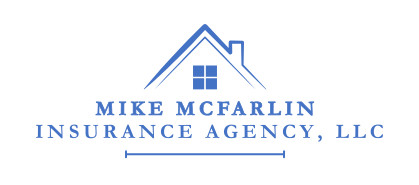DATE
Oct 28 2025 17:00
AUTHOR
Harry Fritts
Understanding liability risks is crucial when dealing with independent contractors. Many business owners assume their General Liability (GL) policy offers full protection, but the reality can be...
Understanding liability risks is crucial when dealing with independent contractors. Many business owners assume their General Liability (GL) policy offers full protection, but the reality can be more nuanced. If contractors don’t have their own coverage, the risks for your business can be significant.
Your GL Policy Covers Your Business
Independent contractors are not your employees, but their actions can still affect your business. Your GL policy might cover lawsuits involving the contractor's work, but independent contractors aren't automatically insured under your business’s policy.
Insurance Solutions to Reduce Your Risk
- Require contractors to have their own GL insurance: Many industries insist on this to ensure claims from their work are covered by their policy rather than yours.
- Ask for proof of insurance: Encourage businesses to request a certificate of insurance (COI) and emphasize the risks of hiring contractors without verifying their coverage.
- Be named as an additional insured: Require contractors to list your business as an additional insured to extend coverage and mitigate risk.
- Consider an Owner’s and Contractor’s Protective (OCP) Policy: An OCP policy, purchased by the contractor but covering your business, provides primary liability protection.
- Use a well-drafted contract to clarify insurance responsibilities: Outline insurance requirements and liability responsibilities clearly in contracts to prevent disputes. A clear contract example can prevent misunderstandings and disputes.
Proper insurance coverage is critical when hiring independent contractors. Failing to verify their insurance could leave you responsible for claims. Consider conducting a risk assessment of your current contractor policies to ensure you’re protected.

